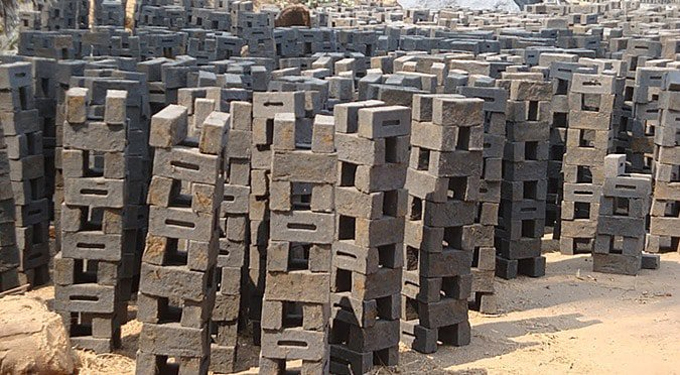
Benefits of using Rice Husk Ash in Concrete Construction
Now-a-days, cement is replaced by rice husk ash in concrete construction. Rice husk is a by-product that is developed by the rice paddy milling industries. The use of rice husk is increased significantly because of the rapid growth of environmental pollution as well as the requirement for sustainability. This construction article focuses on the types, properties, benefits and applications of rice husk in construction.
In order to get a clear conception on the performance of rice husk in concrete, a brief knowledge on the properties of rice husk should be required.
About 100 million tons of rice paddy manufacture by-products are obtained around the world. The larger value of dry volume is obtained as risk husk contains a low bulk density of 90 to 150kg/m3.
The rice husk itself comprises of a very rough surface that is physically erosive. These contain a good resistance power to natural degradation. This can resolve inappropriate disposal issues.
Therefore, the most effective method is to apply these by-products to produce a new product. Among all industries to reuse this product, The cement, and concrete manufacturing industries can reprocess as well as utilize rice husk in a superior manner.
Rice Husk Ash like a Supplementary Binder: The rice husk ash contains good reactivity if it is applied as a partial alternative for cement. The correctly rice husk ashes become operative inside the cement paste. Therefore, the practical use of rice husk ash for concrete manufacturing is vital.
Categorization of Rice Husk Ash and Chemical Composition - The chemical composition of rice husk is equivalent to the organic fibers. Rice husk ash includes the following:
? Cellulose (C5H10O5)
? Lignin (C7H10O3)
? Hemicellulose
? SiO2
? Holocellulose
These are composited within them in common. The rice husk ash may differ on the basis of the source and the type of treatment. Treatment is initiated burning the rice husk ash to obtain exact properties.
Therefore, the heating process can modify the chemical composition of the ash in general. The silicates belong to one of the prime components of the rice husk ash.

To obtain more vital information, go through the following link: theconstructor.org

